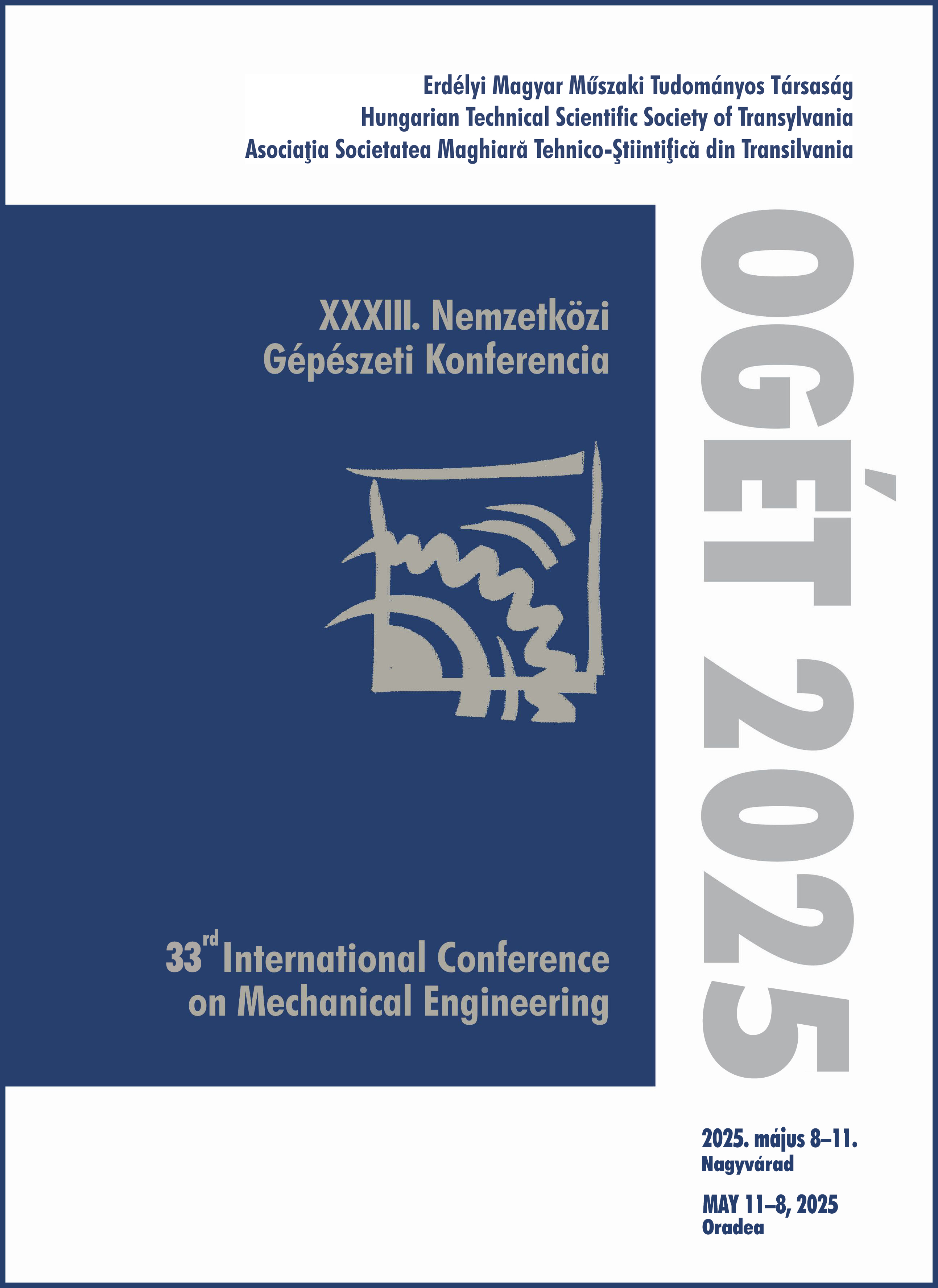Projekt alapú járműmérnök képzés a Széchenyi István Egyetemen
Project based education at Széchenyi István University
Keywords:
project-based learning, vehicle engineering, cooperative learning, engineering education, /, projektalapú tanulás, járműmérnök, kooperatív tanulás, mérnökképzésAbstract
In the fall of 2019, at the Széchenyi István University Audi Hungaria Faculty of Vehicle Engineering, we redesigned the Vehicle Engineering bachelor’s program. One of the main reasons for the redesign was our observation that students who participated in student competition programs, such as Formula Student or the Shell Eco-marathon, developed their engineering thinking and problem-solving skills more quickly than those who did not participate in such programs. These observations led the program committee to design a project-based Vehicle Engineering curriculum and launch it as a pilot program in English. The emphasis was on project/problem-based learning. This article presents the experiences of the pilot program, which has been running for five years.
Kivonat
2019 őszén a Széchenyi István Egyetem Audi Hungaria Járműmérnöki Karán, átdolgoztuk a Járműmérnöki alapképzési programot. Az átdolgozás egyik fő oka az volt, hogy megfigyeltük, hogy azok a hallgatók, akik részt vettek olyan hallgatói versenyprogramokban, mint a Formula Student vagy a Shell Eco-maraton, gyorsabban fejlesztették mérnöki gondolkodásukat és problémamegoldó készségeiket, mint azok, akik nem vettek részt ilyen programokban. Ezek a megfigyelések vezették a szakbizottságot arra, hogy egy projektalapú Járműmérnöki tantervet dolgozzon ki, és elindítson egy angol nyelvű pilot programot. A hangsúly a projekt/probléma alapú tanuláson volt. A jelen cikk az öt éve folyó pilot program tapasztalatait mutatja be.
References
Talmi I., Hazzan O., Katz, R. Intrinsic Motivation and 21st-Century Skills in an Undergraduate Engineering Project: The Formula Student Project. Higher Education Studies; Vol. 8, No. 4; ISSN 1925-4741 E-ISSN 1925-475X Published by Canadian Center of Science and Education, 2018.
Conley J., Clay B., Waters R., Tóth-Nagy, C. et al. The Development of a Fourth Generation Hybrid Electric Vehicle at West Virginia University. SAE Technical Paper 2001-01-0682, https://doi.org/10.4271/2001-01-0682, 2001.
Abdulwahed M., Ahmad S., Hasna M. O., Ghani S. Contribution of Shell Eco-Marathon engineering design experience to soft skills development: A qualitative analysis in the Asian context. 2014 International Conference on Interactive Collaborative Learning (ICL), Dubai, United Arab Emirates, pp. 424-431, doi: 10.1109/ICL.2014.7017810, 2014.
Thomas J. W. A review of research on project-based learning. The Autodesk Foundation, 2000.
Bell S. Project-based learning for the 21st century: Skills for the future. The Clearing House: A Journal of Educational Strategies, Issues and Ideas, 83(2), 39-43, 2010.
Blumenfeld P. C., Soloway E., Marx R. W., Krajcik J. S., Palincsar A. S. Motivating project-based learning: Sustaining the doing, supporting the learning. Educational Psychologist, 26(3-4), 369-398, 1991.
Kolmos A., Holgaard J., Routhe H. Understanding and Designing Variation in Interdisciplinary Problem-Based Projects in Engineering Education. Education Sciences. 15(2):138. https://doi.org/10.3390/educsci15020138, 2025.
O’Connor, K. Constructivism, curriculum and the knowledge question: tensions and challenges for higher education. Studies in Higher Education, 47(2), 412–422, 2020.
Rutherford S., Pritchard C., Francis N. Assessment IS learning: developing a student-centred approach for assessment in Higher Education. FEBS Open Bio, 15: 21-34, 2025.
Condon W., Condon M. Project-based learning: An innovative approach to improving engineering education. International Journal of Engineering Education, 30(1), 118-125, 2014.
Saavedra A. Opfer V. Teaching and learning 21st century skills: Lessons from the learning sciences. The Asia Society, 2012.
Gulikers J., Bastiaens T., Kirschner P. The Five-Dimensional Framework for Authentic Assessment. Educational Technology Research and Development 52(3):67-86, DOI:10.1007/BF02504676, 2004.
Ion G., Sánchez M., Agud M. Giving or receiving feedback: which is more beneficial to students’ learning? Assessment & Evaluation in Higher Education, 44(1), 124–138. https://doi.org/10.1080/02602938.2018.1484881, 2018.
Jug R., Jiang X., Bean S. Giving and Receiving Effective Feedback: A Review Article and How-To Guide. Arch Pathol Lab Med 1 February, 143 (2): 244–250. doi:https://doi.org/10.5858/arpa.2018-0058-RA, 2019.
Kim D., Iwuchukwu O. Improving team dynamics for project based learning in pharmacy: A multimodal approach, Currents in Pharmacy Teaching and Learning, Volume 14, Issue 5, Pages 655-663, ISSN 1877-1297, https://doi.org/10.1016/j.cptl.2022.04.005, 2022.
Tóth-Nagy C. Horse, The man whisperer. Kindle Direct Publishing, ISBN 979-8591345754, 2021.
Kulcsár N. Leadership behaviour of university lecturers in project-based and normal programs. ICERI2024 Proceedings. IATED, 5451-5456, 2024.
Sherwin H., Sipos J., Makkos A., Németh K., Kulcsár N., Bognár A. Irányelvek a felsőoktatás-pedagógia sikerességéhez. In: Felsőoktatás - pedagógia a gyakorlatban: Módszertani kézikönyv. 10-28, 2023.
Kövecsesné Gősi V. Tanítás‒tanulás a digitális korban: Kihívások és módszertani megoldások. Xante Librarium Könyvkiadó és Kereskedelmi Kft. ISBN 978-615-82092-3-6, 2023.


